Senate Advances Trump’s Historic Judicial Nominee Bill Lewis — Alabama Supreme Court Justice Wins Bipartisan Backing in Major Blow to “Activist Judge” Agenda
In a major victory for former President Donald Trump’s judicial agenda, the United States Senate voted 60–39 on Tuesday to advance Alabama Supreme Court Justice Bill Lewis as U.S. District Judge for the Middle District of Alabama — a move that underscores both the continued influence of Trump-era nominations and the bipartisan momentum building behind qualified conservative jurists.
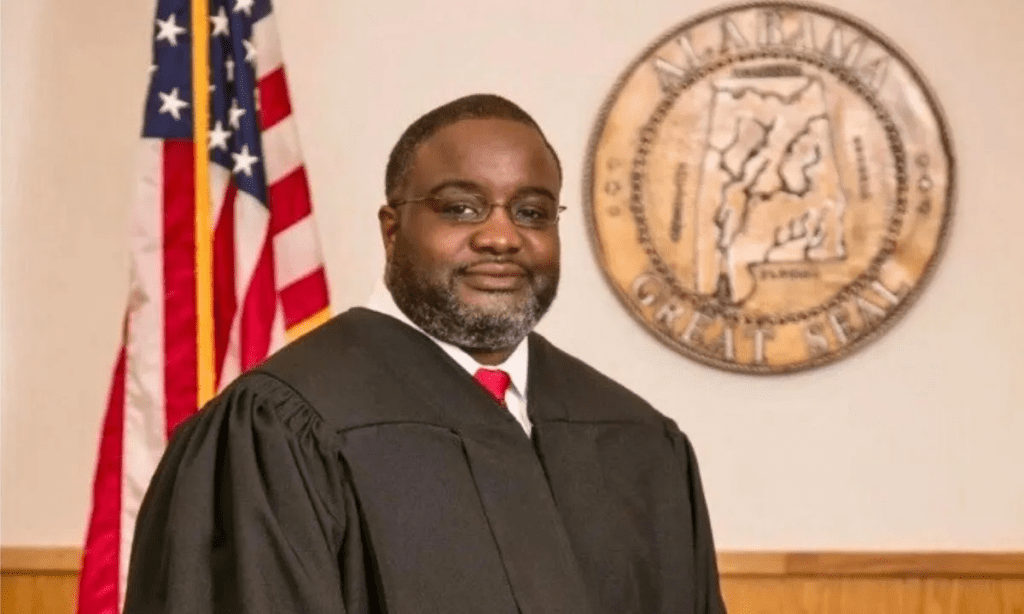
The cloture vote clears a key hurdle for Lewis, a respected Black conservative jurist known for his sharp legal reasoning and unwavering adherence to constitutional principles. His advancement comes at a time when the Senate, despite partisan gridlock and what some have called the “Schumer shutdown,” continues processing dozens of judicial nominations that have been delayed for months.
Bill Lewis currently serves on the Alabama Supreme Court, where his record has been defined by a consistent defense of election integrity, public accountability, and traditional legal interpretation. His tenure has drawn praise from conservatives nationwide, many of whom see him as emblematic of a new generation of principled judges — diverse in background but deeply rooted in originalist philosophy. His nomination to the federal bench by President Trump earlier this year was widely viewed as part of a broader effort to strengthen the judiciary with constitutionalist voices who prioritize law over ideology.
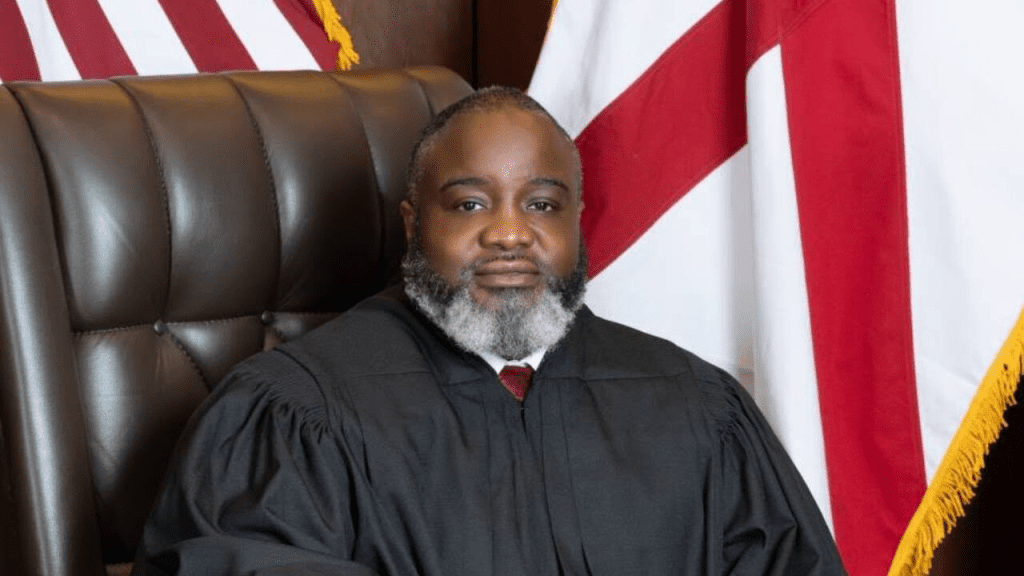
The Senate vote was particularly notable for its bipartisan nature. At least nine Democrats crossed party lines to join Republicans in moving Lewis’s nomination forward, a rare show of unity in today’s divided Congress. Lawmakers familiar with the vote said Lewis’s impeccable credentials and even-tempered judicial demeanor made it difficult for opponents to mount credible resistance. The fact that he has drawn praise from legal associations across ideological lines only bolstered support.
Still, the confirmation process was not without tension. Progressive groups criticized the nomination, accusing Trump of continuing to “stack the courts” with conservatives. Yet for many observers, Lewis’s rise serves as a compelling counter to narratives portraying the Trump judicial legacy as monolithic or exclusionary. His background as an African-American jurist from Alabama — a state with a complex civil rights history — has resonated deeply among Republicans eager to highlight diversity within conservative ranks.
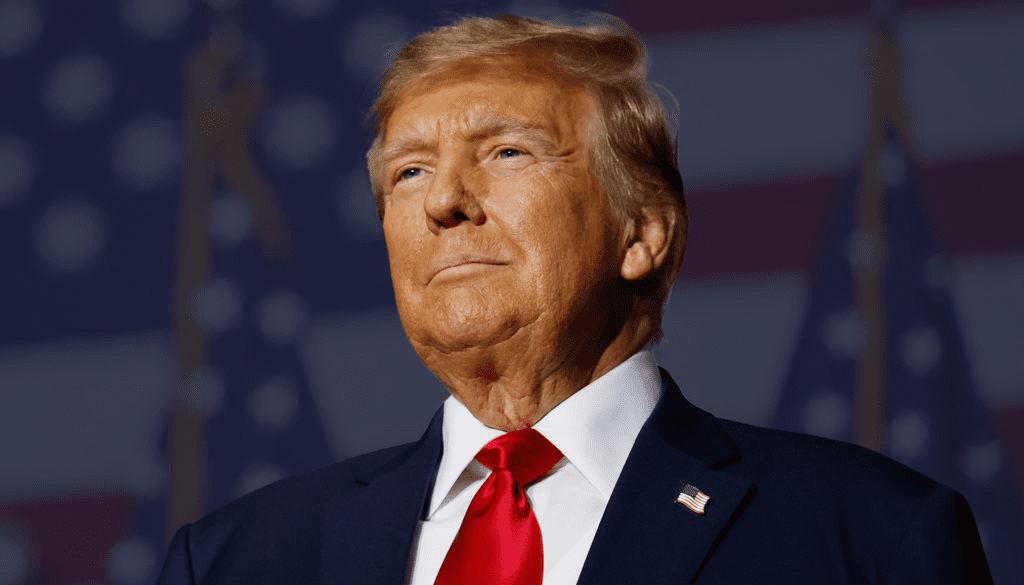
For Trump’s allies, the moment was symbolic. The former president’s judicial philosophy has always been clear: appoint judges who interpret the Constitution as written, not as reimagined through modern politics. Lewis’s nomination fits squarely within that framework, further entrenching Trump’s long-term imprint on the judiciary — one that extends far beyond his presidency.
Political analysts have also pointed to the broader context. With dozens of judicial seats still vacant due to procedural slowdowns and partisan standoffs, this vote marks a breakthrough for efficiency in confirmations. The Senate’s move to advance Lewis amid a partial government funding standoff demonstrates a growing bipartisan recognition that the courts cannot afford indefinite vacancies.
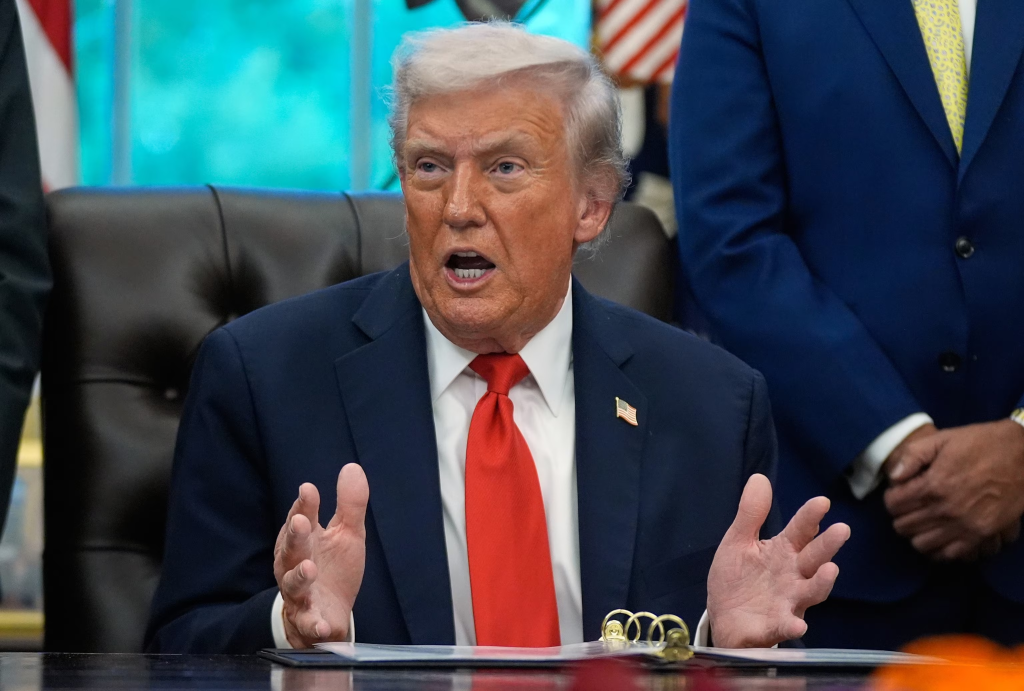
In Alabama, reaction to the news has been overwhelmingly positive. State officials, including several Democratic mayors and Republican legislators, praised Lewis’s professionalism and commitment to fair justice. “He’s not a partisan judge — he’s a principled one,” said one local attorney in Montgomery. “You may not always agree with his rulings, but you can always count on them being grounded in law, not politics.”
For Trump supporters, the confirmation represents yet another example of the former president’s lasting impact. Even out of office, his judicial selections continue to shape the nation’s courts at every level. With Lewis’s advancement, the Trump administration’s legal legacy — already one of the most consequential in modern history — takes another decisive step forward.
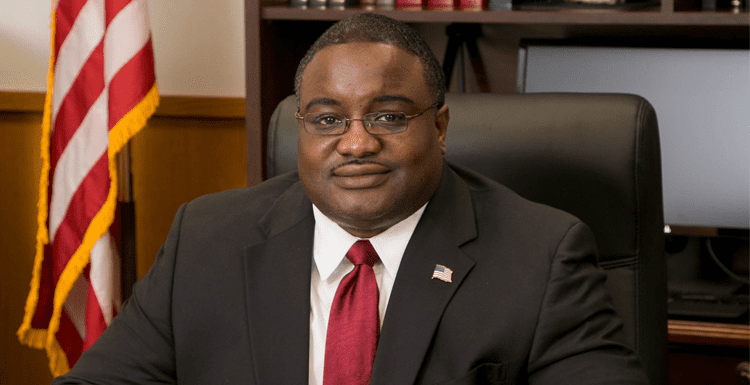
If confirmed in the final Senate vote, Lewis will join a growing bench of Trump-appointed judges who have shifted the federal judiciary toward constitutional conservatism. It’s a legacy that Trump’s supporters celebrate and his critics continue to reckon with — one that ensures the “America First” philosophy will echo through the courts for decades to come.



